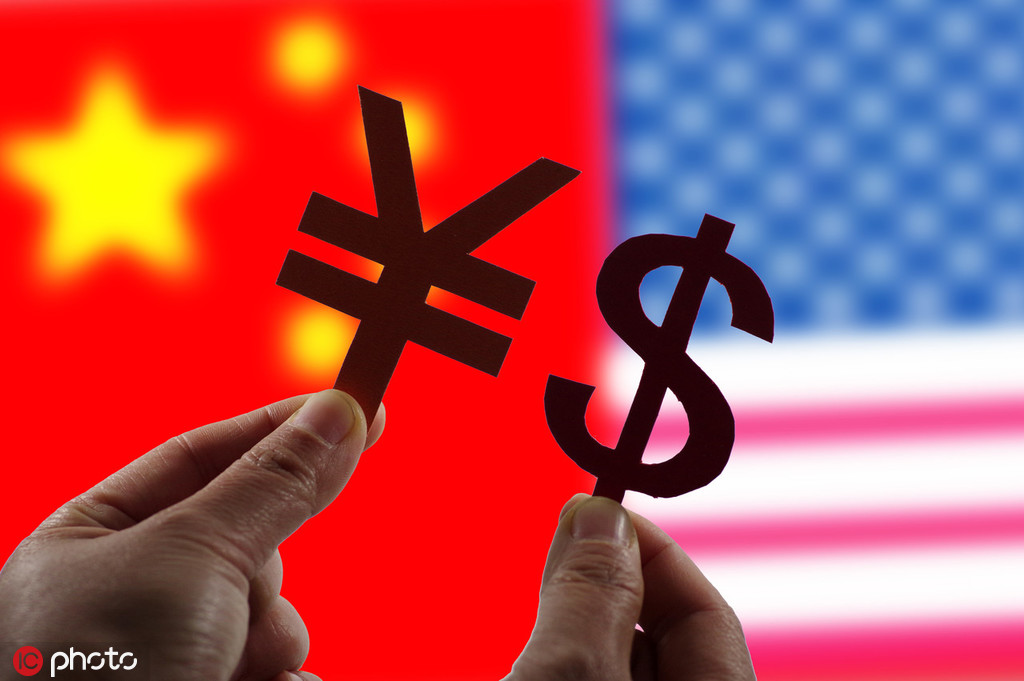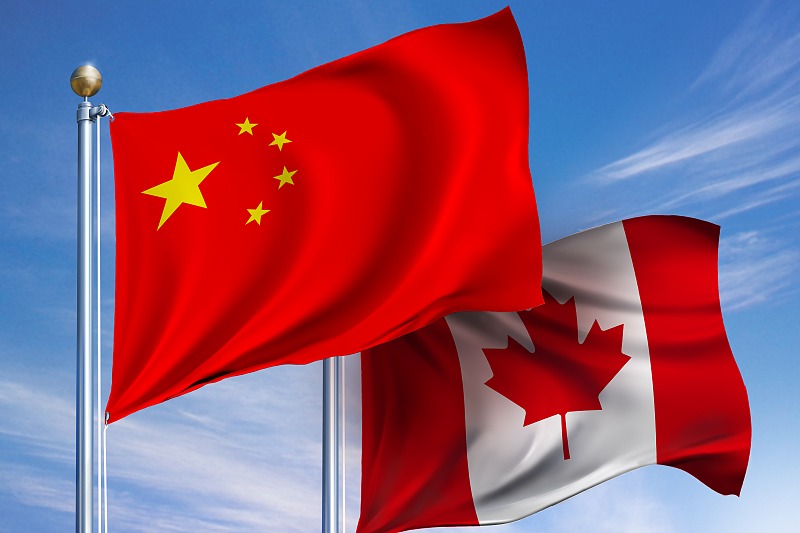Chinese FDI in US fell 18% in first half


The flow of investment money between China and the US continued to decline in the first half of 2019, as the trade dispute between the two countries took its toll, a report by an independent research group shows.
The value of foreign direct investment (FDI) and venture-capital deals between the two countries fell to $13 billion during the first six months of the year, a decline of 18 percent compared with the previous six-month period, according to data released Thursday by Rhodium Group, a New York-based provider of independent research. Investment is down 49 percent from the first half of 2018.
The $13 billion figure marks the lowest value since 2014, a sign of investor anxiety over stalled trade negotiations, tougher US scrutiny of foreign deals, and the Trump administration's restrictions on telecom giant Huawei Technologies Co Ltd, the report says.
The report was released on a day when US President Donald Trump escalated the long-running trade dispute by saying he will put a "small additional tariff" of 10 percent on another $300 billion in Chinese products. The new tariffs will take effect Sept 1, Trump said, though he has changed his mind after making similar threats in the past.
Despite the additional tariffs, Trump said on Twitter that "we look forward to continuing our positive dialogue with China on a comprehensive Trade Deal".
The report also tracked the flow of US investment into Chinese businesses, a figure that has held steady in recent years. That figure totaled $6.8 billion for deals completed during the first six months of the year, according to the data.
Rhodium released the report with the National Committee on US-China Relations, a nonprofit that promotes cooperation between the two countries.
"I think the foreign direct investment slowdown is likely to be permanent," Gary Hufbauer, an analyst at the Peterson Institute in Washington, told China Daily. "The new Committee on Foreign Investment in the US (CIFIUS) vetting process under the Foreign Investment Risk Review Modernization Act puts a dark cloud over any Chinese investment with a technology flavor, even minority stakes. This covers nearly all venture capital. Moreover, trade tensions mean that foreign direct investment to support supply chains is risky."
CIFIUS is an interagency committee in the Treasury Department that reviews national security ramifications of foreign investment in US companies. The Modernization Act of 2018 expanded it to transactions previously outside its authority, including the purchase or lease of real estate close to sensitive government facilities, and investments in US companies that might give a foreign person access to nonpublic technical information.
Hufbauer said there is no reason to believe the situation will change in the immediate future.
"Leading Democrats seem equally, if not more, hostile to China than President Trump," he said. "So, I don't foresee a sea change, even if a Democrat is elected in November 2020.
Usha Haley, the W. Frank Barton Distinguished Chair in International Business and a professor of management at Wichita State University, told China Daily that she is more optimistic about future capital flows. Haley said FDI is a small fraction of the gross domestic product for the US or China, and the slowdown is unlikely to have any lasting effect.
"The US continues to be the largest recipient of foreign direct investment in the world because it has known and continuing policies," she said. "Despite uncertainty caused by the trade tiff, both the US and China have other options, and the gap will be filled. Overall, I don't think it will significantly affect either economy."
Tariffs imposed by the US and China on each other's products during the ongoing trade standoff create great uncertainty on both sides, and that makes it difficult to formulate rational investment decisions. In part, that explains the decline in capital flowing between the US and China, Haley said.
She said an end to the trade dispute is in the interests of both nations and she expects a deal will be struck.
In 10 years, she said the current decline in investment flowing between the US and China won't even be a "blip" in either nation's economy, despite short-term disruptions.
"Uncertainty is different from risk," Haley said. "Risk is quantifiable; uncertainty is not. The lesson is clear: Diversify, diversify, diversify. You need diverse supply chains and markets. But that's easier said than done.''

































